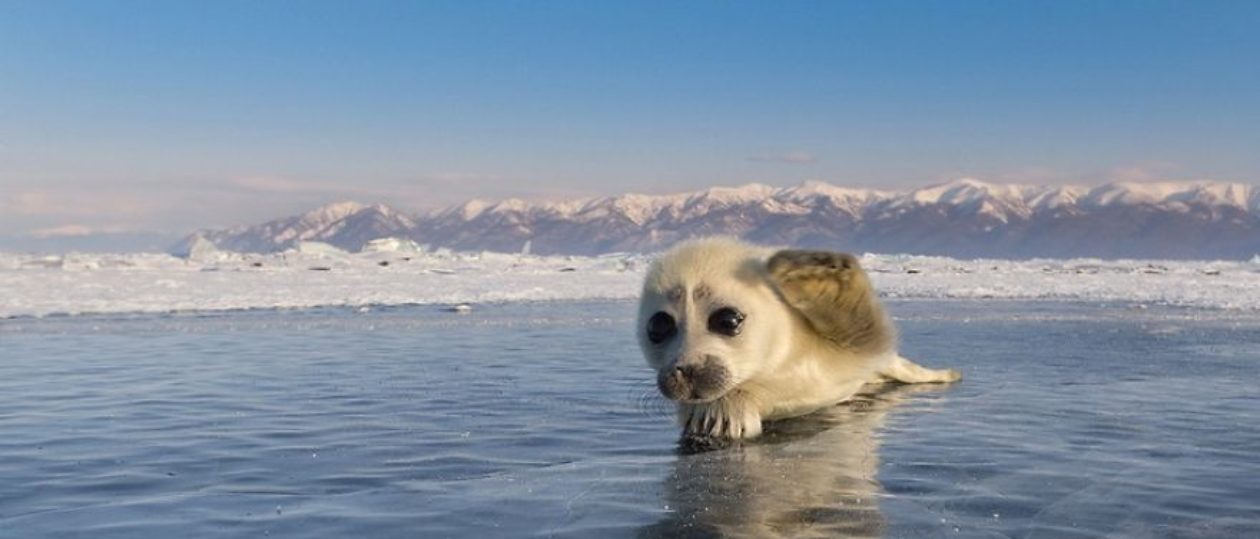 Every minute, one garbage truck of plastic is dumped into our oceans.
Every minute, one garbage truck of plastic is dumped into our oceans.
Sadly, much of the fish we eat has consumed plastic.
The mass of plastic dumped in the ocean is so large that is hard to picture. It covers areas that are bigger than some large countries, such as Mexico, or states like Texas. This pollution has an enormous effect on marine life. Can you imagine if someone dumped tons and tons of garbage inside your house –in your dining room, living room and bedroom?
If nothing changes, by 2050 there will be more plastic in the oceans than fish (by weight).
Fish and other marine creatures like sea turtles often can’t distinguish plastic items from food; the plastic they consume blocks their digestive systems and can often result in starvation. Marine wildlife like dolphins face other harmful consequences of plastic pollution since they get ensnared in bags and other items such as abandoned fishing lines and nets.
When you throw away a piece of plastic, you might think that you are just getting rid of a simple piece of garbage and someone else will take care of it. What if it ends up in the ocean? Have you ever thought about that?
One way you can help is to reduce the amount of items you buy which are wrapped or made of plastic. You can also make sure your garbage ends up in a waste bin and not in the ocean. Lastly, you call your senators and congress members and tell them efficient waste management structures must be put into place. Trash thrown into improperly managed landfills is not what anyone wants, especially when that trash ends up in the water where you swim or in the belly of a fish you will eat.
